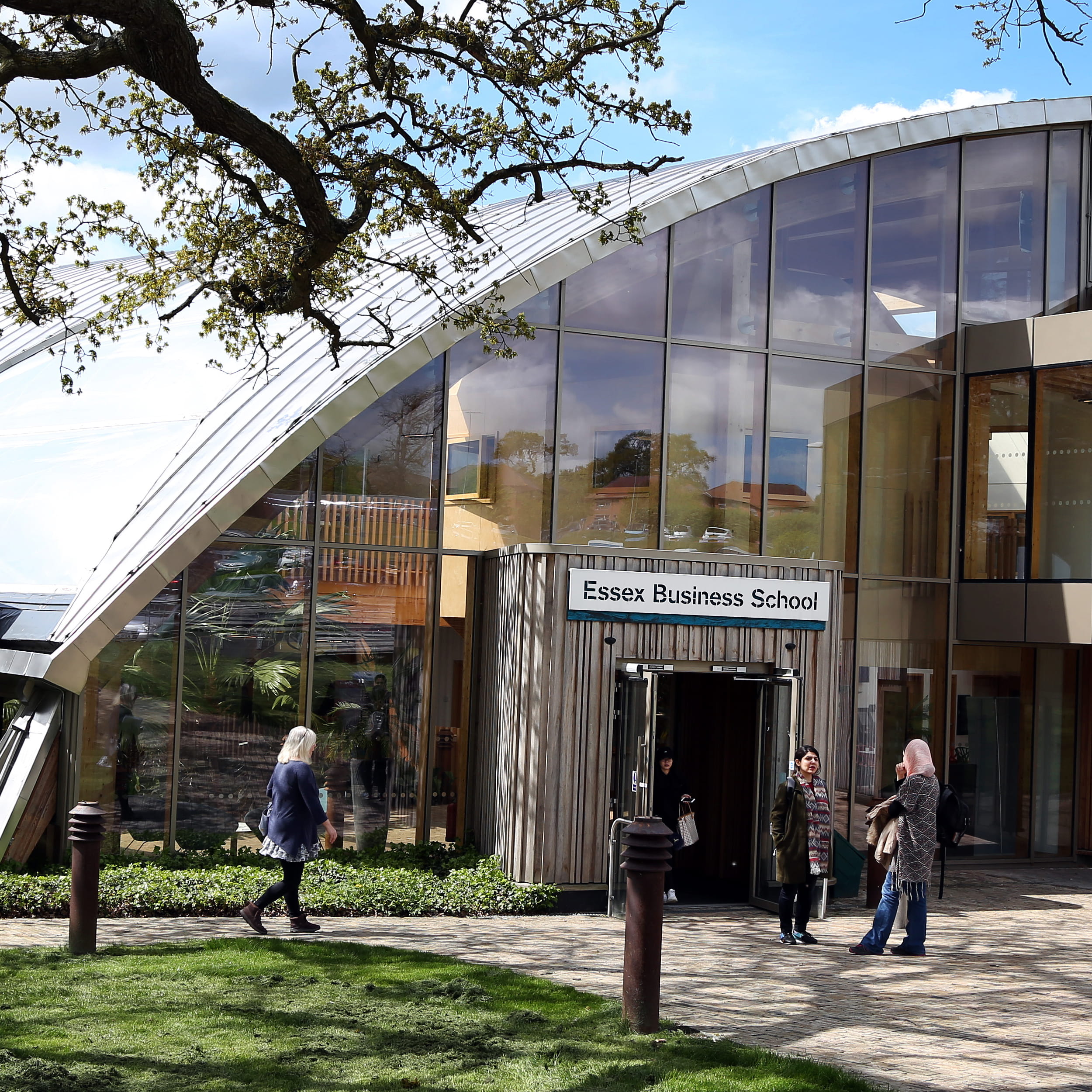Celebrating neurodivergent minds in academia: A symphony of different ways of being

As we celebrate Neurodiversity Awareness Month, it's time to praise the unique contributions that neurodivergent academics bring to our higher education institutions. From innovative research approaches to distinctive teaching methods, neurodivergent scholars enrich our academic communities in ways that merit recognition and appreciation.
Neurodivergent perspectives enrich academia. Many neurodivergent researchers possess an extraordinary ability to notice patterns and details that others might overlook. This keen eye for detail and a tendency to think outside conventional frameworks often lead to groundbreaking research insights. For those with attention deficit hyperactivity disorder (ADHD), this often manifests as a remarkable ability to forge unexpected connections between disparate topics and a natural gravitation toward complex, challenging problems. Also, the capacity to hyperfocus on subjects of interest can result in deep, thorough studies.
In the classroom, neurodivergent educators often bring unique strengths that enhance the learning experience. The ability to think in non-linear ways can help students to explore complex concepts from multiple angles. Many neurodivergent academics naturally understand the importance of diverse learning styles, having navigated their educational journeys differently from neurotypical peers. This firsthand experience can translate into more inclusive teaching methods that benefit all students, regardless of their neurotype.
However, it's crucial to acknowledge that today's academic environment presents specific challenges for neurodivergent scholars. The increasing emphasis on open-plan offices, hot-desking, and constant social interaction can overwhelm those needing quiet spaces to process information or manage sensory input. The expectation to seamlessly switch between multiple tasks – from teaching to research to administrative duties – can be particularly overwhelming for individuals whose cognitive style favors deep, focused engagement with one task at a time.
The diversity of neurodivergent experiences also reveals how some academics thrive on social connection and mirroring in shared workspaces. For many, particularly those with ADHD, the presence of colleagues can provide essential external motivation and structure. The subtle rhythms of shared office space – the ambient sounds of typing, the informal exchanges of ideas, and the communal coffee breaks – can create a productive atmosphere that helps maintain focus and engagement. This social scaffolding became particularly apparent during the pandemic's isolation, and now, in the post-COVID era, some neurodivergent academics find themselves struggling with the increased use of remote work when not teaching. The challenge lies in finding the right balance: while some need solitude to process and create, others rely on the energy and accountability that comes from working alongside peers. This spectrum of needs underscores the value of flexible workplace policies that accommodate different working styles rather than adopting a one-size-fits-all approach.
Thus, acknowledging that neurodivergence comprises a diverse spectrum of experiences and manifestations is imperative. Even in conditions such as ADHD, autism, or dyslexia, each person's experience is distinct. Some may excel in dynamic, fast-paced environments, while others thrive in structured, predictable settings. Executive function challenges can impact one person's time management while appearing as organizational issues in another. This complex diversity within neurodivergent communities emphasizes the value of tailored workplace accommodations and adaptable support systems. We need to have more dialogue and action around this vis-à-vis our people, culture, and environment.
Modern academic culture's emphasis on networking and self-promotion can also present unique pressures. While many neurodivergent academics excel in their areas of expertise, the social demands of academic life – from conference presentations to departmental politics – may require additional energy and particular navigation. This ‘hidden curriculum’ in academia, with its unwritten rules and social expectations, can be particularly challenging to decode.
Yet, these challenges highlight precisely why we need greater awareness and understanding of neurodiversity in academic settings. When institutions create genuinely inclusive environments that accommodate different cognitive styles, everyone benefits. Simple adjustments like providing quiet workplaces, offering flexible meeting formats, and clearly communicating expectations can make a substantial difference.
As we reflect during this awareness month, let's recognize that academic excellence flourishes in environments that welcome all minds. The future of academia lies in its capacity to embrace and celebrate cognitive diversity, fully harnessing the entire range of human cognitive differences. Institutions that actively support neurodivergent academics create spaces where different approaches to thinking and working can flourish collectively. An inclusive framework not only supports neurodivergent academics but also enriches the entire academic community by fostering increased innovation and various perspectives.
Through this celebration of cognitive diversity, we strengthen our academic institutions and enhance their capacity to address complex global challenges. Combining different thinking styles, perspectives, and approaches creates a dynamic environment where innovation thrives and knowledge boundaries expand. This is the essence of academic excellence – diverse minds come together to push the frontiers of knowledge.
Acknowledgment: I want to express my heartfelt gratitude to Dr. Maria Hudson and Dr. Malu Villela from Essex Business School, Dr. Cat Spellman at Durham University, and my sister, Psych. Yasmim Geaquinto, for their invaluable reading and feedback.
Written by: Dr Raysa Rocha, Essex Business School
Further readings:
Brown, N. (2021). Introduction: Being ‘different’ in academia. In Lived experiences of ableism in academia (pp. 1-14). Policy Press.
Martin, N. (2021). Perspectives on UK university employment from autistic researchers and lecturers. Disability & Society, 36(9), 1510-1531.
McDowall, Almuth and Kiseleva, Meg (2024) A rapid review of supports for neurodivergent students in higher education. Implications for research and practice. Neurodiversity. ISSN 2754-6330.
Nash, L. (2024). There and Back Again: Neuro-Diverse Employees, Liminality and Negative Capability. Work, Employment and Society, 38(1), 262-278. https://doi.org/10.1177/09500170221117420
Weber, C. and Krieger, B. and Eunji, H. and Yarker, Jo and McDowall, Almuth (2022) Physical workplace adjustments to support neurodivergent workers: a systematic review. Applied Psychology pp. 1-53. ISSN 0269-994X.

